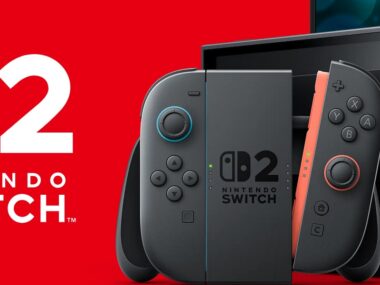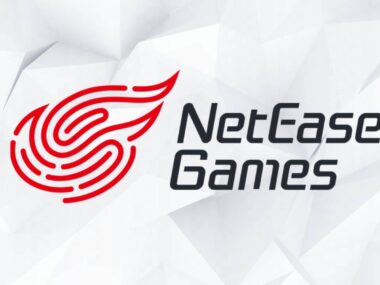This hill Ubisoft insists on dying on, that gamers shouldn’t expect long-term access to the games they purchased, is becoming a lose-lose situation for the publisher. At the center of it all is The Crew, a now-defunct, online-only racing game that’s sparked debates about ownership and whether games-as-a-service is doing more harm than good.
Nobody knows what this will mean for gaming, but it’s clear that Ubisoft won’t walk away from this unscathed.
How Did Ubisoft Get in This Mess
In March 2024, Ubisoft shut down The Crew, claiming the decision was due to “upcoming server infrastructure and licensing constraints.” And by “shut down,” they turned off the game’s servers, delisted it from digital storefronts, and revoked licenses from the people who bought it. This left the game completely unplayable since it required a constant internet connection.
Two players impacted by the shutdown have taken legal action against the publisher in California. The plaintiffs included packaging from a physical copy of The Crew with an activation code that didn’t expire until 2099, implying the game was supposed to be live for more than ten years. They argue that Ubisoft violated California’s consumer protection laws by misleading players into thinking they owned the game. Instead, players only licensed access to it and only for as long as Ubisoft kept it online.
“Through the totality of the Product’s packaging, Defendants falsely represented that The Crew itself was encoded onto physical disks consumers could buy or the digital files consumers could pay to download.”
“However, in reality, The Crew itself resided on a remote server, and the physical disks and downloaded files consumers paid for were more akin to a key they could use to open the gates of this remote server, which Defendants could one day decide to fail to maintain,” the lawsuit states.
Ubisoft responded by asking the courts to dismiss the lawsuit. The publisher insists they never made players believe they were purchasing “unfettered ownership rights,” and that the plaintiffs don’t have a case due to the statute of limitations and not having a real “cognizable injury.”
What Happens If Ubisoft Loses?
Let’s say Ubisoft loses the lawsuit. They’d probably find themselves on the receiving end of multiple class-action lawsuits from angry players. They could be forced to change their language on the rights players have when they buy Ubisoft games, or even create offline modes for future titles.
The bigger threat is creating a new legal precedent. A loss like this could establish a new consumer protection standard for online-only games and lead to future class-action suits across the industry.
The financial hit could be massive. Ubisoft might have to return revenue from The Crew’s U.S. sales, cover legal fees, or even absorb fines. More importantly, this would force publishers who relied on the “license, not ownership” model to face pressure to build in offline functionality or risk similar lawsuits. That could lead to an increase in development costs and, possibly, more regulatory oversight.
And while those would be wins for consumer rights advocates and digital preservation movements like Stop Killing Games, they would come at the cost of Ubisoft’s current business model.
What Happens If Ubisoft Wins?
Even if Ubisoft gets the lawsuit dismissed or walks away with a courtroom win, they’re not in the clear.
Winning would reaffirm that companies can sell server-dependent games and kill them off at will, as long as the legal fine print covers their bases. Sure, that would shield Ubisoft from monetary damages and protect their current practices. But in the court of public opinion, it’s an absolute disaster.
The backlash against Ubisoft’s practices has been intense. Players aren’t just angry about The Crew. They’re angry they don’t own the games they purchase and how they have to worry about them disappearing forever. A win would only galvanize the Stop Killing Games movement and paint Ubisoft as the poster child for anti-consumer digital practices.
While not all players have means of legal recourse, they do have the power to choose to spend their money elsewhere. Ubisoft’s reputation was already shaky, and it could continue to take another nosedive.
If other publishers decide to follow in Ubisoft’s footsteps in regard to shutting down online-only games, it’ll result in broader conversations about digital consumer rights for gamers and legislative reform. In other words, a victory might delay the inevitable reckoning, but it won’t prevent it.
Why the Outcome Doesn’t Actually Matter (For Ubisoft At Least)
Whether this lawsuit moves forward or is dismissed, the damage has already been done. It has sparked headlines, mobilized fans, and drawn public attention to how we don’t really own the games we buy anymore. For better or worse, Ubisoft is now the face of that conflict. No matter how CEO Yves Guillemot tries to spin it, the publisher has lost something far more important than a court case: player trust.
Ubisoft is in a no-win situation. If they lose the lawsuit, they face massive policy shifts and financial risk. But if they win, they’ll be remembered as the publisher that defended the right to kill your games and gave players even more reason to walk away.






